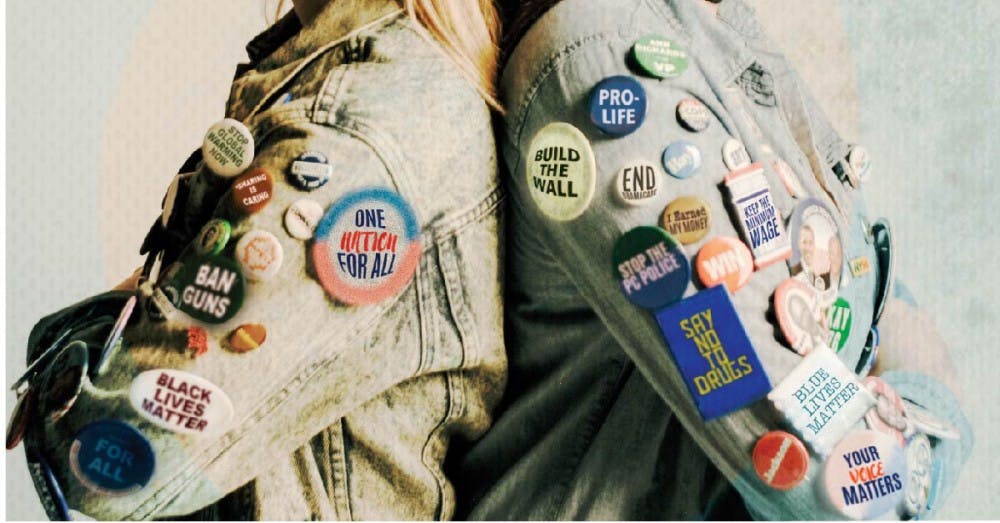In late September of 2013, Congress was trying to come to an agreement about the budget for the 2014 fiscal year. They couldn’t agree on funding for the Affordable Care Act—Republicans voting to defund it while Democrats resisted. By the end of September, they still hadn’t made a decision, so the spending plan couldn’t be solidified. Without that plan, the government can’t run, and so it came to a halt.
From October 1–16, 2013, the government was shut down.
This led to approximately 800,000 government employees losing their jobs indefinitely, and another 1.3 million required to work without knowing when they would be paid again. People who had nothing to do with the decision-making process were being affected by other people’s inability to come to an agreement and make a decision.
When making decisions, people often don’t think about how they came to the decision that they did. They don’t stop to wonder why they’ve chosen one side of an argument, and why that one side is right while the other is wrong. People know what they think is right, and leave it at that.
In general, this process isn’t taken any further. But some people have made a career out of studying it. Kerri Pickel, a psychology professor at Ball State University, studies cognition, or how the brain works. She explained that our brains naturally put things into categories to help sort information, and it’s something that happens in all individuals.
However, some—and she would argue most, to an extent—people take this a step further and develop biases, which is something no one is quite able to explain. A bias is a departure from rationality, but there’s no exact explanation for why they come about.
People have all kinds of cognitive biases hardwired into their brains that basically control how they make decisions and choose sides—an answer to the previously mentioned “why.” These vary from person to person in type and how prevalent they are.
Pickel explained that not everyone seems to have these present in the same way as others. Not everyone has the same experiences or makes the same choices, so their biases aren’t going to be the same, logically.
For example, Pickel says that one person could dislike someone based on an experience they’ve had with a person who’s similar. Another person, who didn’t have that same experience, might not hold that same feeling of dislike. No one’s experiences are the same, so the biases that an individual has will tend to show up differently.
These biases aren’t always bad or problematic, though. They work in conjunction with one another to help individuals assure themselves that they are making the right decision, or have the correct opinion. It becomes a problem when this isn’t the case—when someone is wrong and doesn’t want to be wrong, or when a person uses their bias to justify discriminatory behavior.
To continue reading visit ballbearingsmag.com





